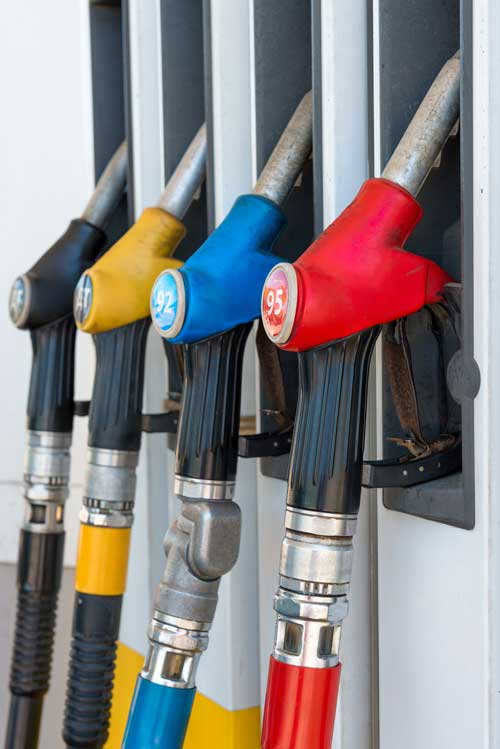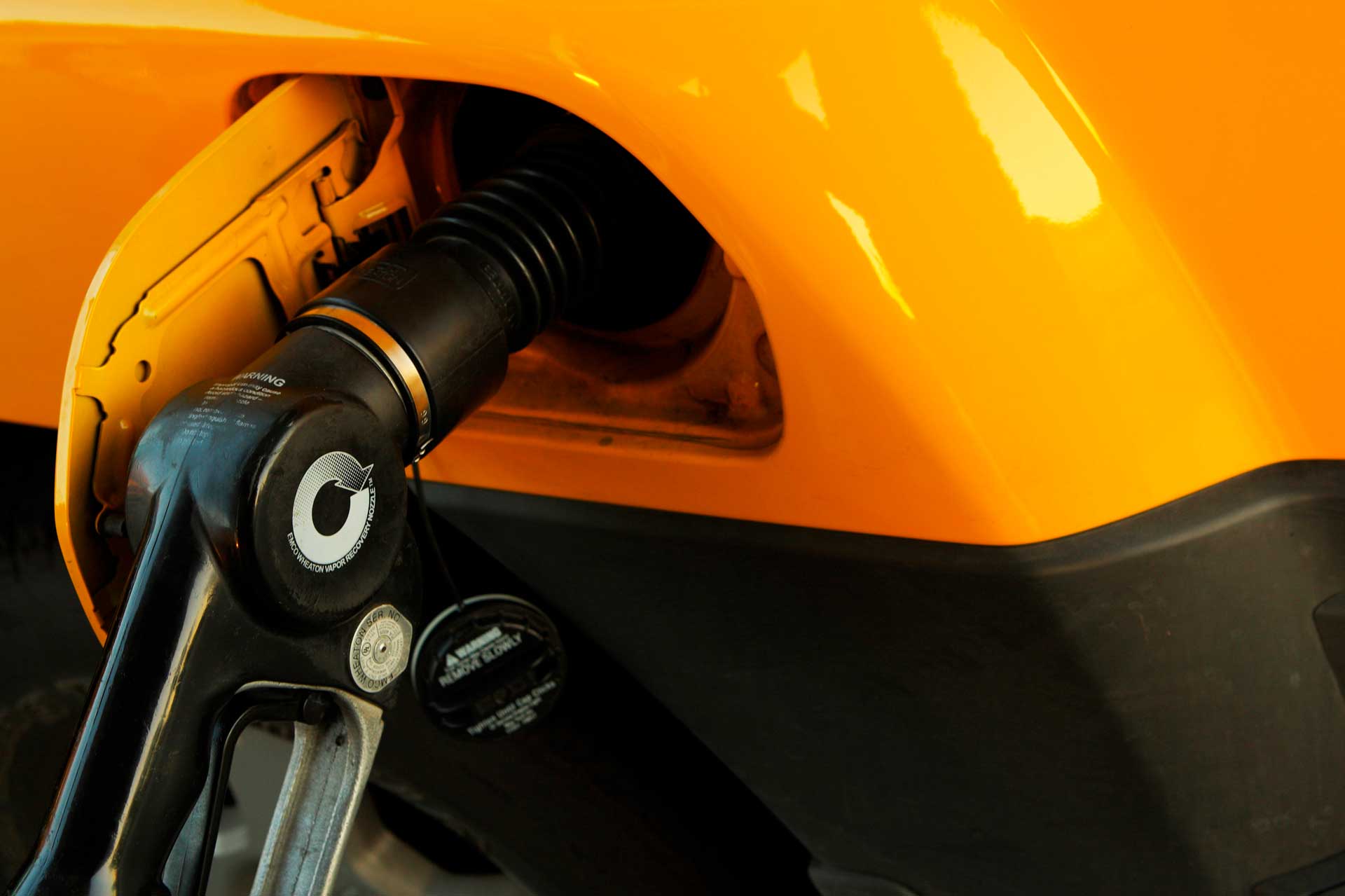THE MIRACLE OF E-FUEL
Synthetic fuels are a great opportunity
COMPILED BY Dyan Seneviratne
Petrol and diesel for internal-combustion engines (ICEs) is fast becoming anathema as many countries are announcing bans on the production of such vehicles by 2030 or 2040. So how about gas guzzlers that still continue to run on these dirty fuels?
No, don’t scrap them! Here’s why…
There’s good news for owners of cars of any vintage in future that will run on a new type of fuel and be as clean as an electric vehicle (EV)!

Life for ICEs will be given a timely extension. While the world is preoccupied with electric power to move the next generation of cars, the use of commercially available synthetic fuels is around the corner. This innovation could help keep all vehicles that still use internal-combustion engines on the road even after putative bans on the sale of new ICE driven cars have taken effect.
Chairman and CEO of Bentley Motors Adrian Hallmark says: “Synthetic fuels are a great opportunity. For cars that need liquid fuel for the future, this could be a viable alternative.”
The basis for synthetic fuel is hydrogen, which is a fairly abundant natural resource – one that is far more sustainable than the dwindling resource of fossil fuels. Its manufacturing process is designed to be as carbon neutral as possible.
Water is electrolysed with renewable energy and the hydrogen atoms, which are split by the process, are blended with captured carbon dioxide to create a liquid fuel: e-methanol. The subsequent refinement converts it into e-gasoline, e-diesel or even e-kerosene for aircraft.
While it’s still a combustible fuel source, e-fuel offers a substantial reduction in emissions.
“Because it’s an artificial fuel, you have no byproducts – so it’s way cleaner,” says Director of Porsche’s 718 and 911 product lines Frank Walliser. He adds: “From our tests, we expect a reduction on CO2 of around 85 percent.”
No changes whatsoever are required to a vehicle’s combustion engine to run it and even older cars can use synthetic fuels. Manna from heaven for those petrolheads who refuse to give up their motoring icons – they can continue to savour every moment of driving their favourite machines rather than being compelled to use silent and uninspiring electric power!
Porsche GT project director Andreas Preuninger notes: “It’s very important as you can really use these fuels for even 30-year-old combustion engines without harming them at all.”
Compared to regular fuels, the synthetic versions have no impact on performance – and in some cases, offer even more horsepower. However, emission levels are much improved (with less particulates) because synthetic fuels have only 8-10 components while today’s fuels have between 30 and 40, some of which directly harm the environment.
The bottom line is that e-fuel emissions are at the same levels as those of a fully electric car.
Synthetic fuels can even be blended with regular types to reduce CO2; or when demand for total fuel reduces and more people opt for EVs, the former can fully replace traditional fuels.
So the invention of e-fuel has given our petrol and diesel cars, SUVs and trucks a fresh lease of life!


